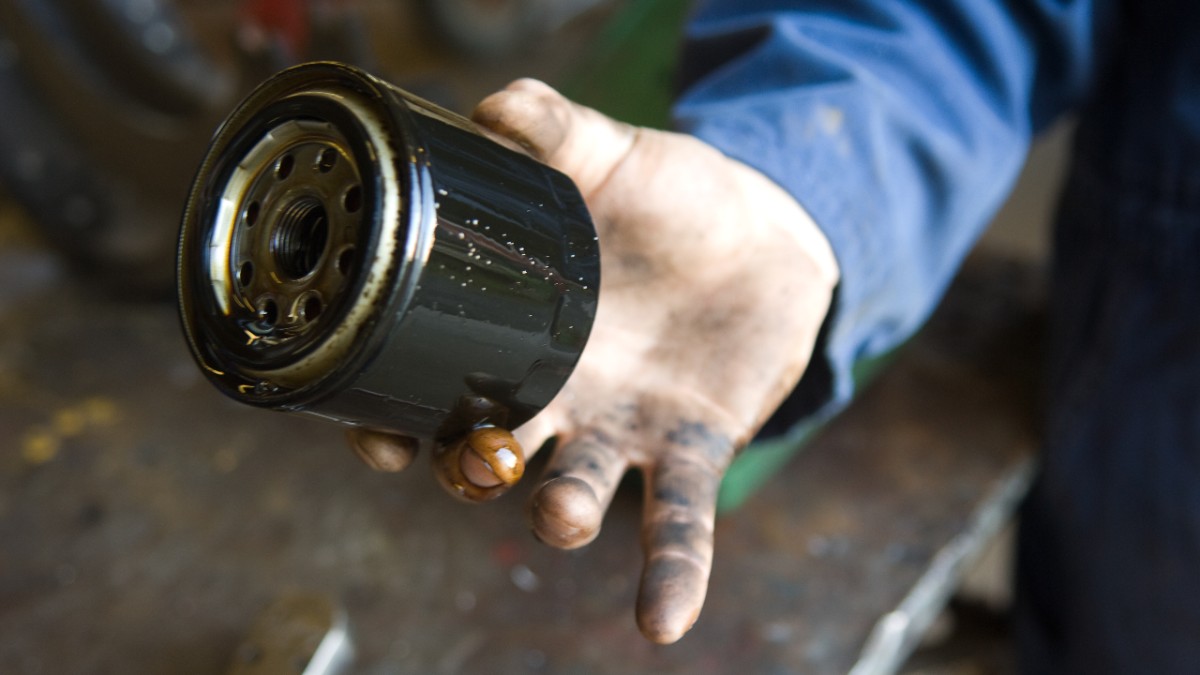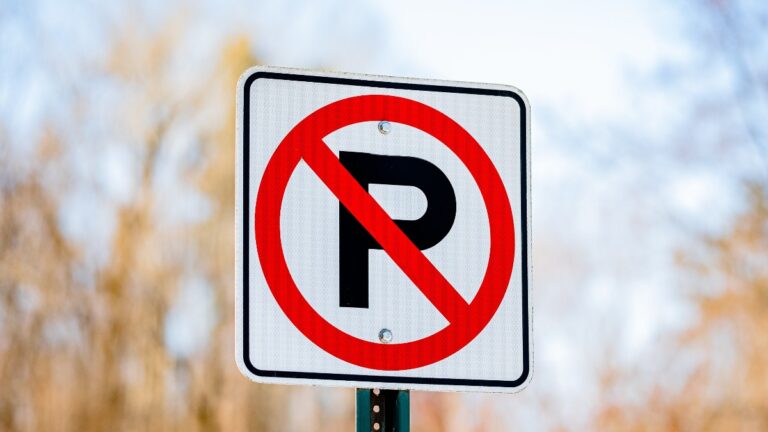Can You Use A Larger Oil Filter & Can It Damage The Car Engine?
It won’t take you long to start getting conflicting advice after owning a car. Someone will tell you about the right way to do something while someone else will say something completely different about the same thing. This also applies to oil filters. You may have heard how bigger oil filters can improve engine performance. But is there any truth to this? We investigate this and more in this article.
Bigger oil filters are able to filter more oil per minute which may improve the performance of the engine. But aside from this, there’s no obvious benefit to using larger oil filters.
The oil filter that comes with your automobile is good enough and unless it has become clogged from use over time, there’s really no need to replace it. And when it’s time to replace it, whether you replace it with a similarly sized oil filter or a bigger one is entirely up to you. Below, you’ll learn more about the potential benefits and drawbacks of larger oil filters.
Function Of An Oil Filter
The oil filter of an automobile performs the important task of removing residue, dirt, and other particles from the engine oil. Without the filter, different kinds of particles and foreign materials will find their way into the engine. Over time, the hard particles can damage different components of the engine. So, it’s important that your car has a functioning oil filter.
Oil filters come with sealing gaskets that hold tightly against the engine’s mating surface. The inside of the can consists of the filter material, the part that does the actual filtration. The material used to manufacture the filter is usually synthetic fiber.
Is It Okay To Use Larger Oil Filters?
It’s not uncommon to see car owners replacing their oil filters with bigger ones. There are several aftermarket oil filters in the market and you are bound to find a bigger one that will fit your vehicle. Now, the question is whether larger oil filters have any benefits.
The answer to this question depends on the person you are asking. But the truth is that bigger oil filters don’t offer any real benefits. Due to their bigger size, they may be able to filter more oil per minute and that’s about all the benefit you can get from them. Some people believe this slight increase in filtration power can be significant in the long term and improve engine life and performance.
It’s worth mentioning that the oil filter that comes with your car is more than capable of performing its function. The sentiment is that oil filters that come with automobiles are of low quality and are not good enough. But this is not true. Car manufacturers usually design oil filters to meet certain standards and the ones they equip in their cars are tailor-made for that particular model.
So, when you are buying an aftermarket oil filter, chances are that the oil filter may not meet the specifications of the OEM (Original Equipment Manufacturer) oil filter even though they look similar.

Can Larger Oil Filter Damage The Car Engine?
While larger oil filters are unlikely to meet the specifications of the OEM oil filter, they work just as fine in most cases. However, there are instances where larger oil filters can be a problem. One of these is when the oil filter is located where it can get hit by road debris. Since the filter is longer, more surface area is exposed increasing the likelihood of getting hit by road debris. And when this happens, all the engines in the car could drain.
We don’t think we need to spell out the crucial role of engine oil in your vehicle. So, when your car has no engine oil, there’s the real possibility of your engine getting knocked. This makes it important for you to be aware of the potential effects of changing your oil filter. If you aren’t sure of these effects, it’s better you don’t change your oil filter. Better yet, you could consult your mechanic and hear what they have to say.
If your vehicle has a warranty, you may want to wait until the warranty is over before you change the oil filter. After all, it will most likely void your warranty, so there’s that.
Signs You Need To Change Your Oil Filter
While the OED oil filter that comes with your vehicle is capable of getting the job down, it’s not going to last forever. Eventually, it’s going to become very clogged and you’ll have no choice other than to change it. Below are signs that your oil filter needs a change:
Engine Is Overheating
This is one of the telltale signs of a clogged oil filter although there are several reasons why an engine might be overheating. When the oil filter becomes very clogged, the oil may not get to the engine parts at all or in sufficient amounts. When this happens, the engine will generate more heat as there isn’t enough oil to lubricate the moving parts and absorb some of the heat. So, whenever you notice your engine overheating, check out the oil filter to see if it needs to be replaced.
Dirty Exhaust
If your engine is functioning as it should, the exhaust should be clear. Sometimes, you may notice little white smoke in cold weather. But when the exhaust of your car turns brown or black, then something is wrong somewhere. The problem with this could be an issue with the combustion system and your vehicle could be burning oil. It’s easy to know when your vehicle is burning oil as the smell of oil is strong. So, you’ll want to check out the oil filter to know whether it’s in good condition.
Cost Of Replacing Your Oil Filter
The cost of replacing an oil filter depends on the model of your car and the labor cost in your area. Depending on where you live, replacing an oil filter can cost anywhere between $15 to $35. Many aftermarket oil filters aren’t as expensive as this but remember you have to pay for labor.
Car manufacturers generally have a replacement schedule for oil filters. So, consult the owner’s manual and change the oil filter when needed.







